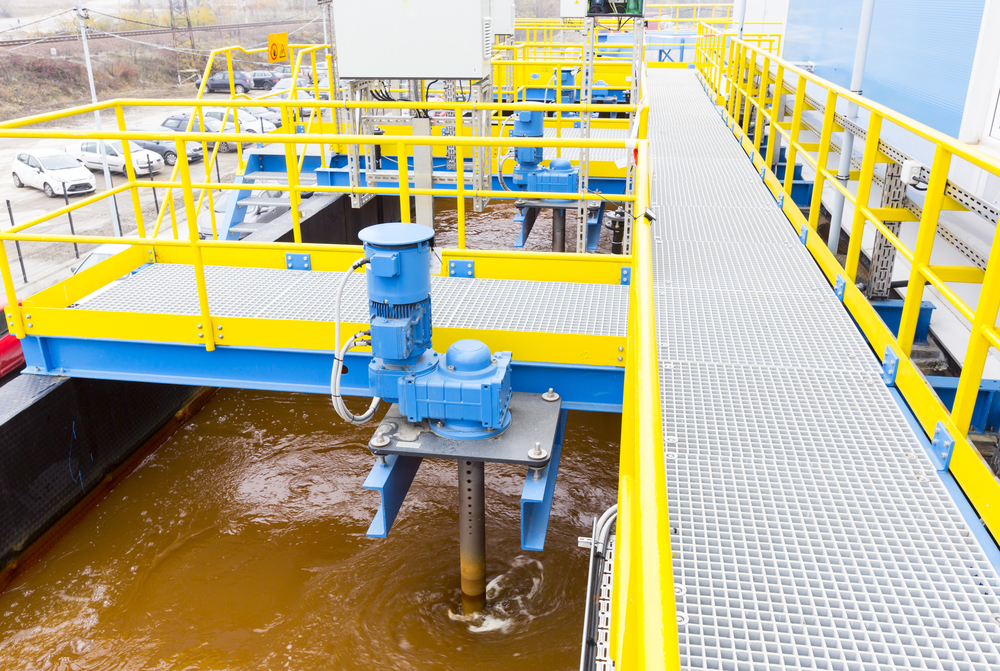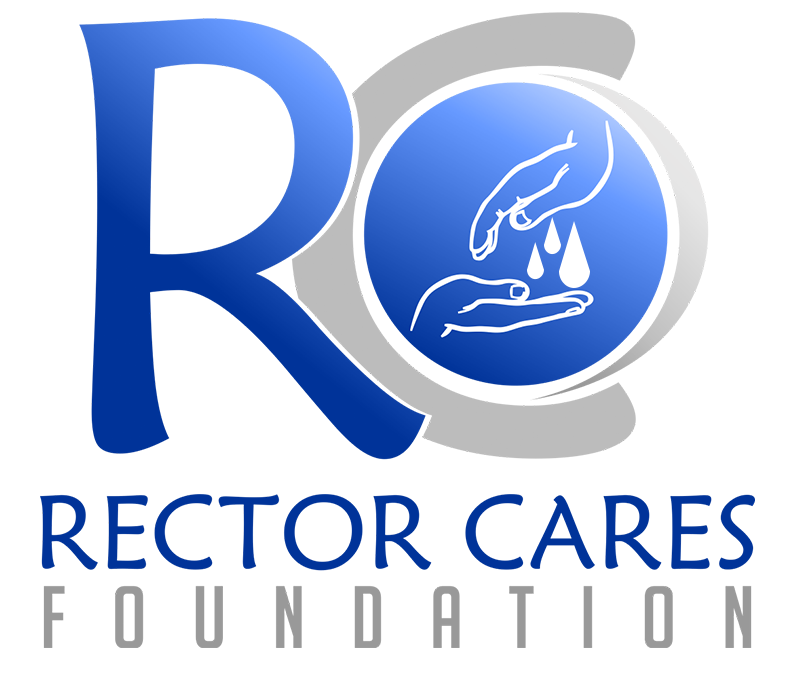
INTRODUCTION
Water remains an essential resource globally, as access to clean and safe water is necessary for healthy living. The United Nations’ sustainable development goal (SDG) 6 borders on clean water and sanitation, aiming to achieve the availability and sustainable management of water resources for everyone. This goal highlights the importance of potable and clean water to households all over the world, but it is unfortunate that most communities in Nigeria do not have access to clean and safe water.
In 2018, the World Bank reported that water resources in Nigeria were in a deplorable state, with an estimation of 60 million Nigerians living without access to basic drinking water. The United Nations Children’s Fund (UNICEF) also attributed the high morbidity and mortality rates among children under 5 years old in Nigeria to a lack of access to clean water and sanitation, thus demonstrating that women and children are badly affected by poor access to clean water.
GOAL: SUSTAINABLE & INTEGRATED WATER RESOURCES
At Rector Cares Foundation, our goal is to ensure that Nigerians have continued access to safe, reliable, affordable, and sustainable water, sanitation, and hygiene (WASH) facilities. Our integrated water management approach adopts a collaborative approach to the way we manage all elements of the water cycle – as we ensure that delivery of water services can contribute to water security, public and environmental health, and urban development – without compromising the ability to meet ecological, social and economic needs in the future.
In a bid to achieve sustainable and integrated water management systems, we have adopted a number of initiatives in our water projects. These initiatives are highlighted below.
- Installation of solar-powered boreholes
- Providing piping systems and storage tanks in rural areas
- Reducing water waste through quality monitoring
- Deploying technology to enhance the provision and management of water facilities
- Supporting water resource committees at local levels
CHALLENGE: ECONOMIC BARRIERS TO PROVIDING SUSTAINABLE WATER FACILITIES
The interlinked nature of water management indicates that solutions must involve multiple stakeholders and this calls for an aligned action to implement innovative approaches to combat the water crisis. One of the main challenges to the provision of sustainable water facilities in Nigeria is the public apartheid of infrastructure provided by the government. Nigeria’s Minister of Water Resources, Engineer Suleiman Hussein Adamu, buttressed this point when he revealed that only 53% of publicly-owned water resources are functional, and 22% of such facilities break down within the first year of installation.
This poor management of public water resources has dampened the morale of the government and has not encouraged them to do more. Nevertheless, there are also major lapses on the part of the government as issues of weak institutional management have led to major gaps in maintenance and monitoring, resulting in frequent breakdown and total abandonment of water resource facilities in the country. That is not all; the minister also pointed out the poor communication gaps between state water agencies and benefiting communities as another factor hindering the sustainability of water facilities.
STRATEGY: CORPORATE FRAMEWORK TO COMBAT WATER CRISIS
The next question is, what is the way out of this predicament? Indeed, solutions to the water crisis will require corporate leadership as well as political leadership. Hence, this article highlights 3 cogent actions that can be taken by business leaders to solve water crisis in Nigeria.
a) Public-private partnerships
One of the best approaches to tackling water crisis in Nigeria is a robust and inclusive collaboration between stakeholders at all levels. Interestingly, the Federal Government of Nigeria recently announced that it entered into a strategic partnership with UNICEF to improve water supply in rural communities. If sustained and properly managed, collaborations such as this can bring a ray of hope to water sustainability discussions.
Designing agile and inclusive public-private partnerships is another effective way to provide water facilities in unserved and underserved communities. This will enable different sectors to leverage their respective capabilities and resources in response to water challenges – which may require independent research, local implementation, and stakeholder engagement activities. Such partnerships will also enable companies to leverage their skills and investments to scale digital solutions, while financial institutions can increase investments, insurance, and banking solutions for improving water use in cities, companies, and households.
b) Water stewardship programs
Water stewardship is a collaborative and multi-stakeholder approach that aims to achieve social, environmental, and economic benefits. It involves designing catchment-based actions aimed at using water in ways that are socially equitable, environmentally sustainable, and economically beneficial. It goes beyond sponsoring water projects, as companies can go a step further by committing to more integrated approaches relating to watershed management, as this requires complex data collection and analysis on the economic value of water. This requires joint investments and collective water governance, along with effective accountability mechanisms
c) Water advocacy projects
Water advocacy projects aim to raise awareness, convince people that water is essential for social and economic development, and ideally drive stakeholders (including policymakers and funders) to engage with the water crisis.
Corporate leaders can become outspoken champions for water sustainability at local, national, and global levels. This requires adequate investment in research, innovation, and technology which will support efforts to increase awareness and education on the urgency of the water crisis, alongside joint advocacy for good water governance and appropriate public policy reforms.
CONCLUSION
Providing sustainable water facilities in Nigeria is not a job to be left to the government alone. Although those in authority are required to formulate clear policies and roadmaps to ensure that every Nigerian gets access to clean and sustainable water, the private sector and individuals also have pivotal roles to play in actualizing this United Nations’ SDG 6. Indeed, the goal is achievable and all hands must be on deck.
Together, we can end water poverty in Nigeria.

Ozi Ehime
Architect & Sustainability Advocate
0 Comments
Leave a reply
You must be logged in to post a comment.
